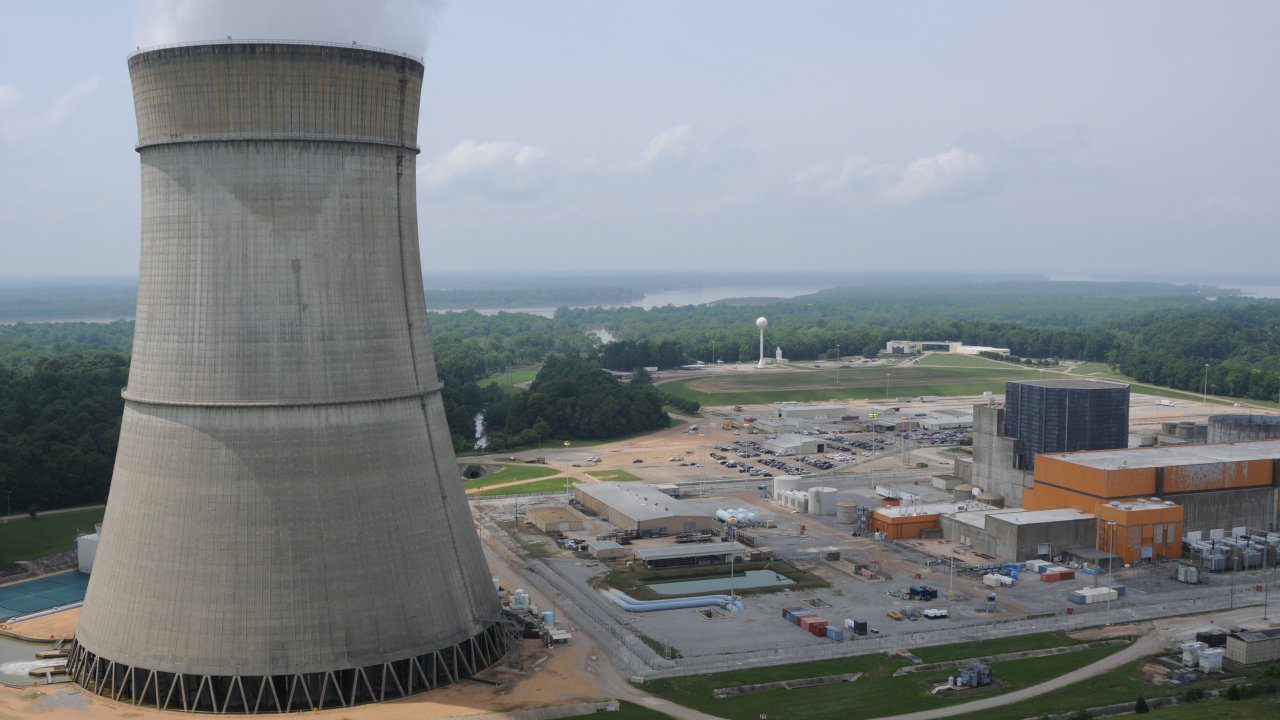
Gas stoves seem to have become the latest popular target of the destructive ‘woke’ energy agenda.
Even with historic inflation, Chinese balloons, Russia invading Ukraine, and challenges at the Mexican border, there is a new enemy to the U.S. hiding in plain sight. It’s your gas stove! Suddenly, an obscure federal agency, the U.S. Consumer Product Safety Commission, has determined gas stoves are a threat to human health and climate. Their proposal…ban gas stoves.

Due to the immediate outcry over this announcement in early January, the Commission’s Chair issued a statement just two days later walking back the comments, also prompting the White House to issue a statement saying President Biden does not support banning gas stoves.
If this all seems silly, you may be, er, sensible. Surely, most anyone logically reasons a United States without gas stoves is not the answer to better human health and lower global emissions, so what’s really going on here?
However, all in a month, gas stoves seem to have become the latest popular target of the destructive ‘woke’ energy agenda. This week, the city of Eugene, Oregon, outlawed natural gas hookups in new homes, and while the Biden Administration says they won’t ban gas stoves, their Department of Energy is reported to be considering such rigorous standards to push gas stoves out of the market.
On many fronts, there is very much a war against fossil fuels, which supplies over 80% of our energy and are foundational to almost everything we use daily containing plastics, rubber or most any manufactured material. Issues like gas stove bans are the proverbial ‘camel’s nose under the tent’. Next, it will be your gas water heaters, gas heating systems, and anything fueled by natural gas or propane.
To be clear, I am not advocating for natural gas appliances over electric ones but for the quality of life we have come to expect. Apparently, you and I can’t be trusted to make good decisions about appliance purchases, so some’s goal is to eliminate options in the U.S. and not just on appliances but on our energy supplies as a whole, even while the rest of the world increases the use of coal, oil, and natural gas.
Is this a global emissions reduction strategy? Of course not. It’s simply a vendetta against fossil fuels. Besides, much of our electricity comes from natural gas. In Mississippi, it’s the vast majority.
In his State of the Union address this week, President Biden spoke about energy in his usual way. He blames big oil companies for high gasoline prices and touts the myriad taxpayer-funded subsidies from the so-called Inflation Reduction Act as “leading the world to a clean energy future.”
This is not a serious policy, and for reasons I can’t fully understand, the Biden Administration has aggressively enacted policies aimed at diminishing the U.S. oil and gas industry while begging OPEC in 2022 to increase theirs.
Our U.S. energy systems are more robust and diverse than any in the world, and energy is, more than anything, inextricably intertwined with our quality of life. If the anti-fossil fuel movement has its way, high prices and energy scarcity will get worse than we saw in 2022. It seems to have already reached the tipping point in some places.
Now, if a great new and better energy producing technology is discovered, that’ll be great. That’s the nature of American innovation but waiting for the perfect energy source won’t power our economic machines, heat our homes and pay the bills.
Real energy supplies are needed to satisfy our enormous appetite for energy and sustain our way of life. The anti-fossil movement offers no realistic solutions. They seem to like wind and solar in most cases, but while these are useful free-fuel energy sources, we know well the limitations with land use and intermittency.
There is no serious talk about the U.S.’s nuclear power future despite it being our most scalable source of emissions-free energy, and every operating nuclear plant in the U.S. is scheduled to close in the next two decades.
The fact is, every energy source has its advantages and disadvantages. A policy of energy diversity, robust infrastructure, and abundant supply, preferably domestic, has always worked for us.
The gas stove issue might be comical if it wasn’t a part of a massive, well-organized, well-funded war aimed at radically changing the U.S. energy sector, harming more and more people as we transition from abundance to scarcity.
Just like some Americans are fleeing high-tax states for a better deal, we may start seeing more businesses flee high-cost, unreliable energy states for more reliable energy refuges, like Mississippi.











